Issue 22: 'Public' meetings or 'cooked deal'? What The Enquirer found
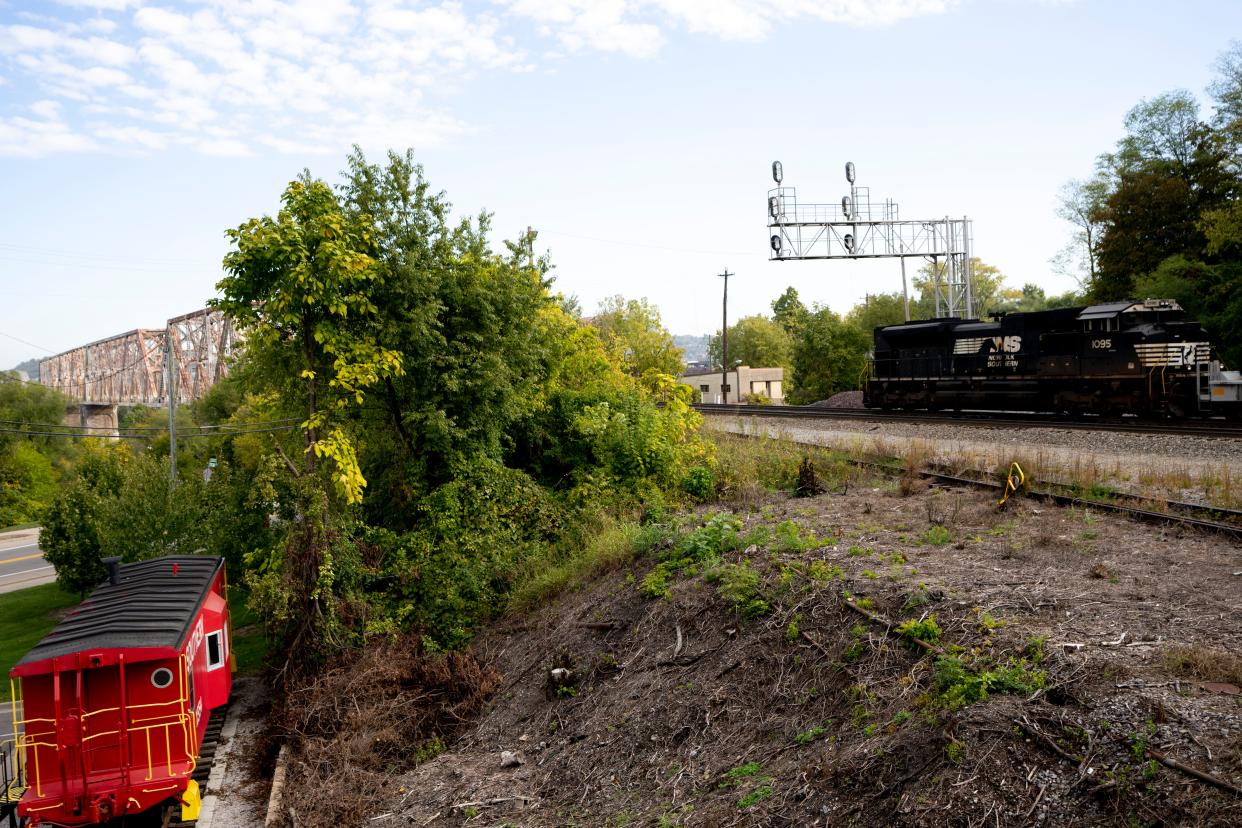
Opponents of Issue 22 say powerful people hatched the plan to sell Cincinnati’s city-owned railroad in secret.
Supporters and the board overseeing the railroad say they involved the public as much as possible.
So which version of events is closer to the truth?
An Enquirer examination of public records and interviews with key players found that while Cincinnatians were invited to participate in meetings related to the sale, it would have been difficult for them to know what really was going on as the city embarked on what would be its biggest financial transaction ever.
Meeting notices for the Cincinnati Southern Railway Board, which negotiated the sale, appeared in the city’s weekly online “bulletin” but didn’t mention selling the railroad.
Minutes from those meetings, which are posted on the board’s website, offered some clues a sale was possible, occasionally referring to a “potential sale or lease of real estate.” But those minutes don’t mention that such a sale might involve the entire, 337-mile-long railroad.
Board members didn’t talk about the potential sale publicly, either, choosing to discuss it instead in executive sessions closed to the public. And when they held regular meetings last year, most were at the Queen City Club, Cincinnati’s most exclusive private club.
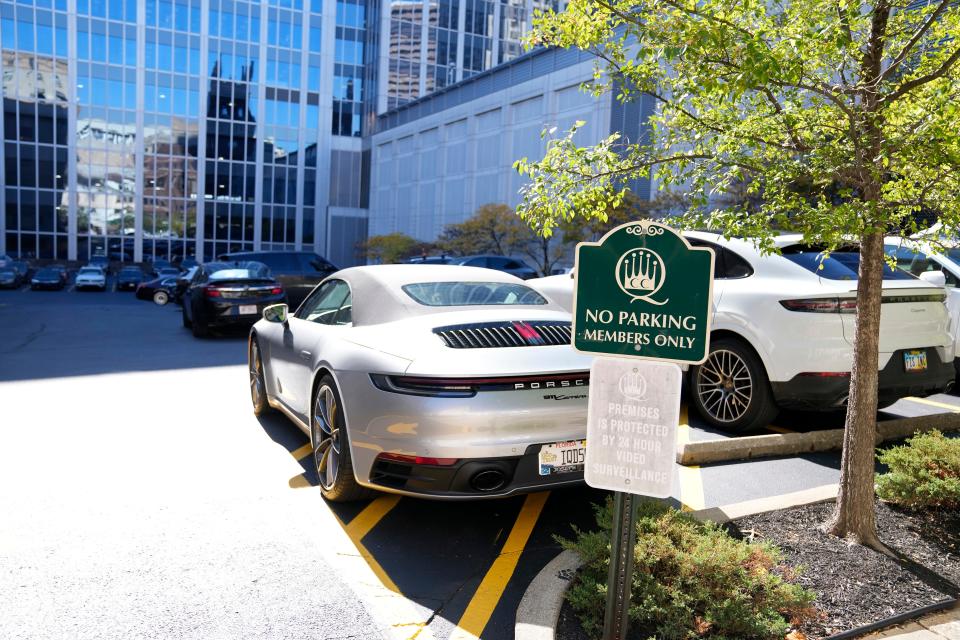
Board members say the Queen City Club meetings were open to the public and featured free parking, but no one ever came. It’s unclear, though, what would have happened if people who were not club members had shown up unannounced.
“This is a private club and only members come here,” said Giovanni Ranieri, general manager of the Queen City Club.
'A cooked deal from the get-go'
The openness – or lack of openness – of the negotiations surrounding the sale have emerged in recent weeks as a big issue in the run-up to the Nov. 7 vote on Issue 22, which asks voters to allow the railway board to sell the railroad to Norfolk Southern Corp. for $1.6 billion.
Opponents of the sale say the board acted in bad faith and concealed details about the talks until the $1.6 billion proposed sale was presented at a press conference in November last year, needing only final approval of voters. Board members say they were tough negotiators and the closed-door meetings got them a great deal for the city and taxpayers.
The board members and their supporters say the process was as transparent as it could be.
“Every meeting was open. Every meeting was public,” said railway board member Amy Murray in a September radio interview.
But critics of the deal disagree.
"It's been a cooked deal from the get-go," said Tom Brinkman, a former state representative who lives in Mount Lookout and is against the sale. "The board never said they were negotiating to sell the whole railroad until they took a vote to sell it. If they wanted people to know about the sale any of the members could have said so at any point in the process. And they didn't."
The Enquirer asked about the Queen City Club meetings at the Nov. 21, announcement of the proposed sale and was told the public was notified of each meeting.
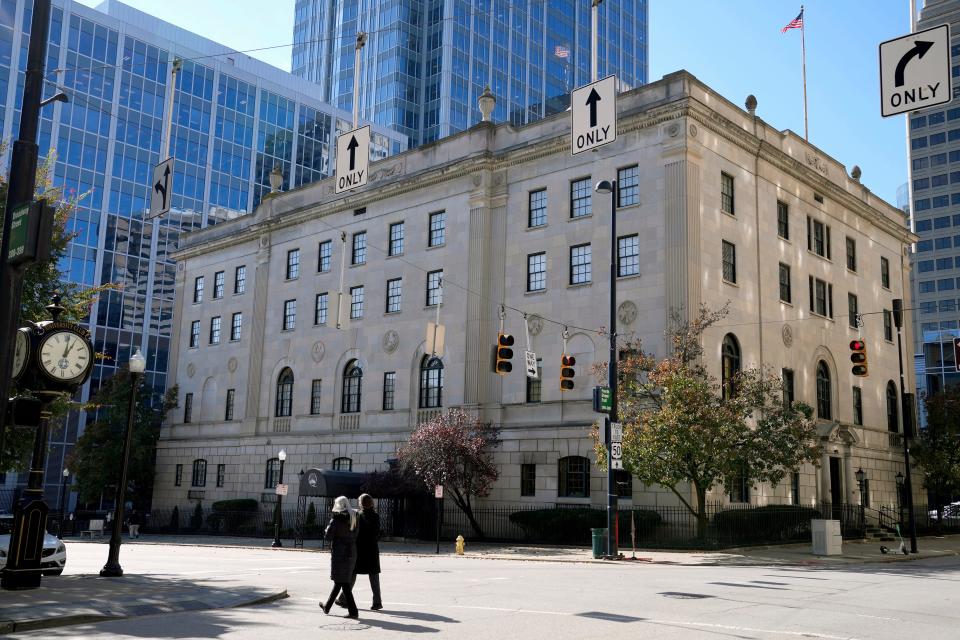
For years, the railway board operated under the radar largely because almost no one, including The Enquirer and other media outlets, paid much attention to its work.
The need for 'private conversations'
The five-member board’s job is to oversee the railroad the city built 143 years ago. The biggest part of that job is negotiating and overseeing the lease of the railroad to Norfolk Southern, which pays about $25 million a year to use it.
For decades, the board’s meetings mainly dealt with minor real estate transactions and requests for easements along the railroad route, which runs from Cincinnati to Chattanooga, Tennessee.
The meeting notices and minutes from the past few years gave little indication anything had changed or that the board was considering a blockbuster move like selling the railroad outright to Norfolk Southern.
But Board President Paul Muething, who led the negotiations, previously told The Enquirer discussions about a potential sale began in July 2021.
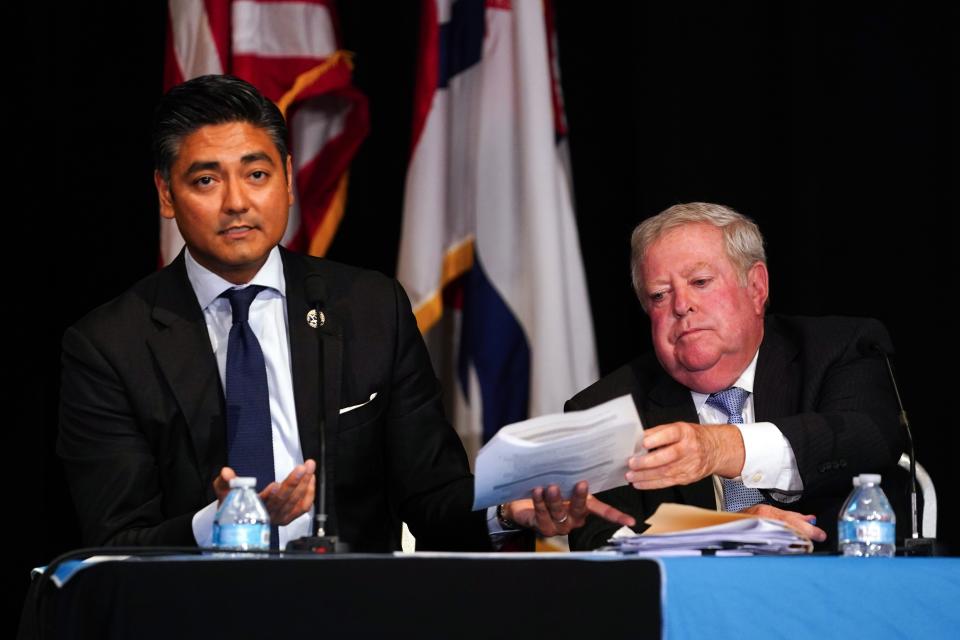
None of those discussions was public. Murray said she and the other board members – Muething, Paul Sylvester and former mayors Charlie Luken and Mark Mallory – decided to meet in executive session because they didn’t want to jeopardize negotiations by letting Norfolk Southern in on their conversations.
“You can’t be talking about selling a railroad for $1.6 billion and not have private conversations,” Murray said. “If we did that all in public, the railroad would just sit there in the meeting and listen and know what we’re talking about.”
Board members did tell at least one high-ranking city official about the potential sale. Mayor Aftab Pureval learned of it when he took office in January 2022, but he said city lawyers told him not to talk publicly about it because negotiations were ongoing.
Pureval didn't tell council members until days before the announcement.
$11,000 spent at Queen City Club
The board’s meetings continued, however, even after the two sides reached an agreement on the sale in May 2022.
When opponents of the sale learned of the executive session meetings late last year, they argued they were inappropriate and possibly a violation of Ohio law, which allows such closed-door meetings under specific circumstances, such as discussing employee contracts and real estate deals.
Brinkman sued the board as a citizen of the city, arguing that executive sessions only are permitted when those real estate deals involve competitive bids, which was not the case in the railroad sale.
The board settled the lawsuit with Brinkman this year, paying him $500 and another $100,000 in legal fees without admitting wrongdoing. Board members did, however, agree not to meet in private again about the sale.
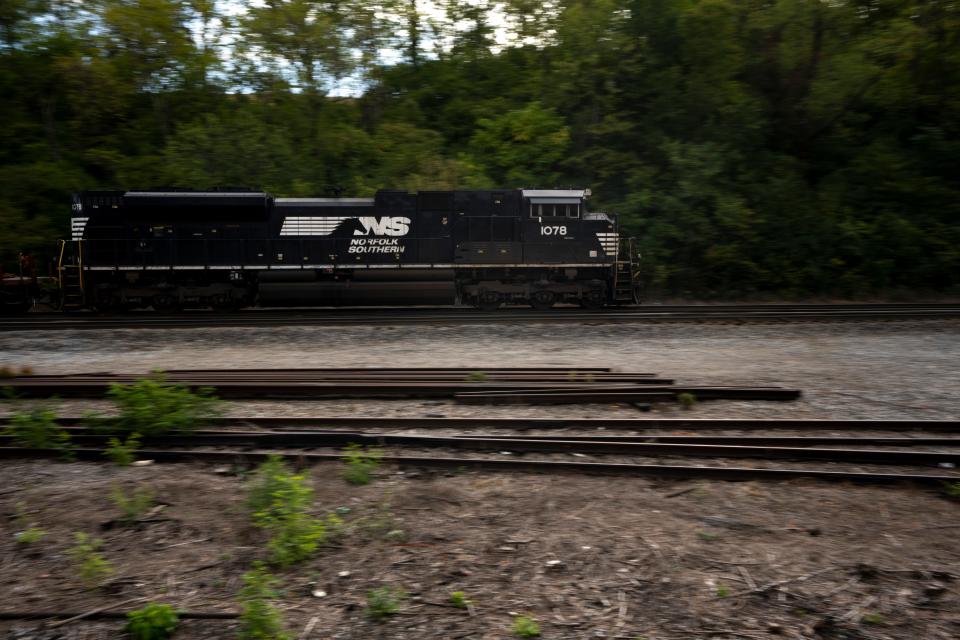
Critics of the sale also object to where the board’s regular meetings took place, even the parts that weren’t held behind closed doors.
The board’s eight meetings in 2022 before the formal sale announcement in November 2022 took place at the Queen City Club. The board, which had previously met at City Hall, spent almost $11,000 on meeting space at the club last year.
That money came from Norfolk Southern as part of the railroad’s annual payments for the board’s overhead costs.
'The board was out of touch'
Board spokesman Nick Vehr said board members decided to change the meeting location from City Hall to the Queen City Club to avoid “undue influence by City Hall elected or administrative officials.”
Other independent boards in Cincinnati meet in public spaces at no extra cost, rather than private ones like the Queen City Club.
Sale opponents say the change created another problem: “By meeting at a private club, it disincentivizes public scrutiny,” said former City Councilman Kevin Flynn.

Receipts from the Queen City Club show the board had to tell the club in advance how many people would attend the meetings. Most of the receipts indicate seven or eight people were expected – the board members and support staff.
Board members have said no one else ever showed up.
“The suggestion that it’s the voters’ fault for not attending the board meetings at the Queen City Club is evidence that the board was out of touch,” said Todd Zinser, a West Price Hill resident who started Citizens for a Transparent Railroad Vote, a political action committee opposing Issue 22.
“No one knew what the board was doing,” he said.
The first board meeting to publicly mention the sale came on Nov. 21, 2022, immediately after the press conference announcing the sale at the Cincinnati Museum Center.
The board’s next meeting had been scheduled for Dec. 13 at the Queen City Club. But after The Enquirer asked about the meetings at the club, the board canceled the meeting.
Instead, it took place six days later in a conference room at the Cincinnati USA Regional Chamber in downtown Cincinnati.
And ever after, the board has met at the Walnut Hills Library.
This article originally appeared on Cincinnati Enquirer: Issue 22: How secret has the sale process been

